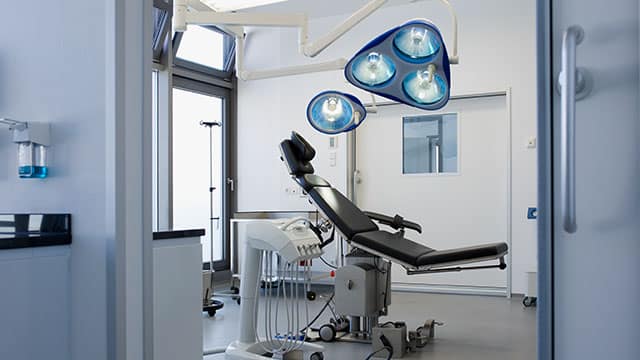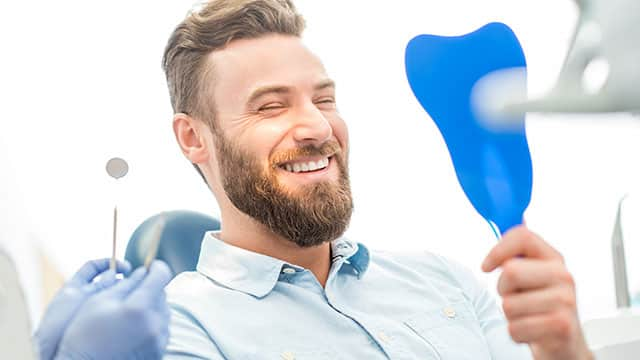1. Lack of Regulation
If you have a dental procedure done in the United States, you can rest assured that your dental professional is licensed and that their practice meets the certification requirements of the American Dental Association (ADA), the strict requirements of the Centers for Disease Control and Prevention and your State Board of Dentistry. And that any medication your dentist uses or prescribes is regulated by the U.S. Food and Drug Administration (FDA).
Unfortunately, those regulations and protections don't extend outside of the United States. Not all countries strictly or adequately oversee licensure, hygiene, sterilization of dental instruments, or overall safety.
2. Germs and Bacteria
The Centers for Disease Control and Prevention (CDC) warns that medical tourism of any kind can increase your risk of coming in contact with bacteria that are resistant to antibiotics. In some countries, the water used in dental procedures could make you sick if you haven't built up immunity to the disease-carrying organisms in it that the locals have.
3. Recovery Issues
Traveling for dental care increases your risk of having issues with your recovery, particularly if you opt to travel while you are still in the process of recovering.
For one, if you don't speak the language fluently in the country in which you are traveling, you may not understand the recovery instructions given to you and therefore won't be able to follow them correctly. Additionally, if you get an infection from your procedure and become seriously ill, you may not have access to the quality healthcare you need to effectively treat your condition.
Long periods of inactivity after surgical procedures (like sitting on an airplane for a long period of time) could also lead to blood clotting. If you are flying shortly after a procedure, walk up and down the aisle when you can and be sure to stay hydrated. If you choose dental tourism, give yourself plenty of time to recuperate and make sure you have contingency plans in place in case of slow recovery or complications.
4. No Insurance
Most dental insurance won't cover care outside of the United States unless it's for an emergency. Dental tourism could also impact your ability to have follow-up care covered by insurance when you're back home. Check with your insurance company before you book the trip. You may find it's less expensive to have your dental work done by a dentist you trust in the United States than paying out-of-pocket for dental work outside the country.
5. Medical and Dental History
Your dental professionals keep detailed records of your medical and dental history, and they use that information to make informed decisions about your care. Whether you're sensitive to certain drugs or instruments, or you've had procedures done in the past, your history helps your dental professionals provide the best care possible and keep you safe. When taking part in dental tourism, the dentist you visit may be capable but lacks the medical history and personal relationship you have with your family dentist. Without that history, you could have a less effective and even dangerous experience.
Read more about affordable dentistry options.
Nobody wants to pay more than is necessary for dental care, but some things aren't worth saving a few bucks for when it comes to your health and well-being. Paying less might actually end up coming at a cost – and not just to your bank account. There are plenty of resources to help you find affordable dental care closer to home. In the end, an ADA-certified, experienced dentist will always offer you the best care for a great price – no suitcase necessary.
Oral Care Center articles are reviewed by an oral health medical professional. This information is for educational purposes only. This content is not intended to be a substitute for professional medical advice, diagnosis or treatment. Always seek the advice of your dentist, physician or other qualified healthcare provider.
ORAL HEALTH QUIZ
What's behind your smile?
Take our Oral Health assessment to get the most from your oral care routine
ORAL HEALTH QUIZ
What's behind your smile?
Take our Oral Health assessment to get the most from your oral care routine















